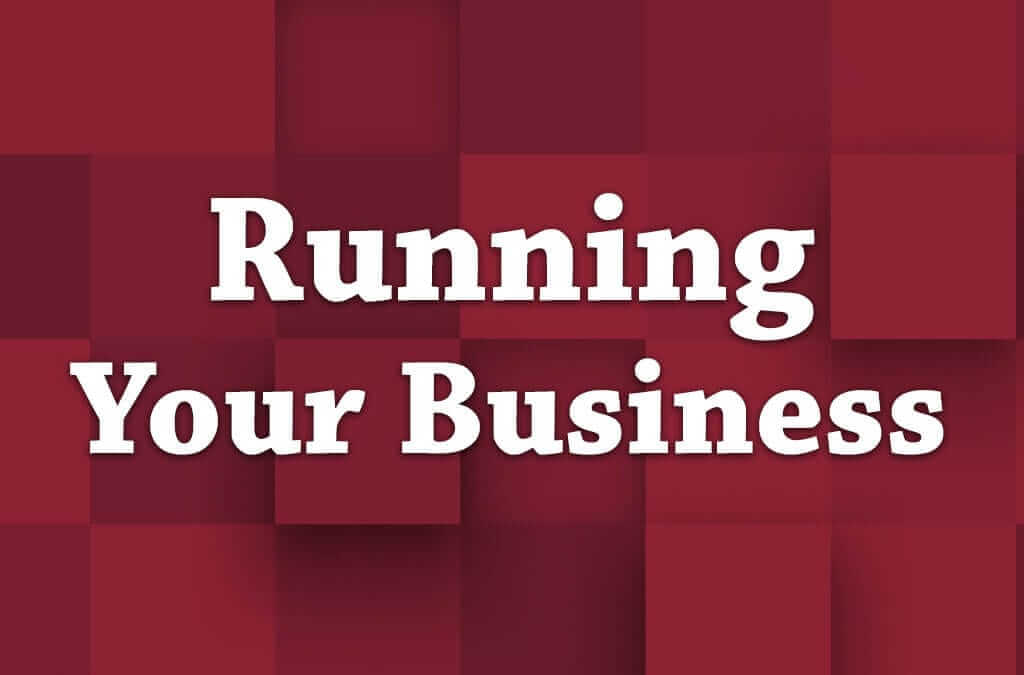The early years of small business ownership are critical, and if you find yourself in debt during that initial period you will need a smart financial plan to avoid failing.
Statistics show that the first four or five years are crucial to a business's survival, Paul and Sarah Edwards, authors of several home-based business books, told Entrepreneur. In those fundamental years, one in six businesses close their doors. Debt is one factor that can debilitate a business's ability to operate and eventually sink it. However, owners shouldn't think of debt as the end. There are a number of ways to surmount building debt without shuttering your business completely. In order to learn more about how to devise a financial plan to pull your venture out of debt, take a look at these easy steps:
1. Straighten out your budget
This is one of easier things you can do to reduce your bushiness' debt, Inc. explained. Review your budget thoroughly and cut every unnecessary cost that you can find. In addition, if your production processes are draining money from your business, find a way to alter your systems in order to build efficiency. If you utilize machinery or software programs that are draining your business of money, see if there is a way for you to trade them in and streamline operations. In addition to trading in inefficient machinery, you could consider leasing out office space in order to help reduce debts, the news outlet noted. Leasing out a section of your floor won't only provide a new stream of funds, it will also be an environmentally conscious move. A sustainable, shared office could be a marketing advantage over the competition.
2. Sort out the importance of your payments
When deciding which debts you need to pay first, and which can wait, and take a look at the interest rates, Jerry Silberman, chief executive of Corporate Turnaround, said to Entrepreneur. This will probably mean prioritizing your credit card debts. In addition, if any of your debts are personally guaranteed – meaning that you could lose personal assets if you default – make sure that those payments are also placed high on the list.
3. Seek out help
If you're having trouble sorting out your budget, don't be afraid to seek out some help, Inc. suggested. Often owners refuse to search for assistance with their debt because they don't want to cede control of their business, or feel like they are failing if they do so. However, if your debt is crippling your business, than the unfortunate truth is that your business management hasn't worked, and the best thing for you to do is to seek financial tips from an expert. Never be reluctant to take advantage of knowledgeable resources.
4. Contact your creditors
If your financial situation is tough, and you see no way out, try speaking with your creditors, Silberman suggested, according to Entrepreneur. Tell them that you're facing some monetary difficulties with your business right now, and request a better payment plan, or a lower settlement amount. Make it clear to your creditors – in a polite way – that the more they work with you, the faster you will be able to pay them. Just be sure that whatever your new payment plan is, you can pay it off. You don't want to demand a new payment plan, and then default on it.
If you find your small business has built up too much debt, review your budget and see if any of the above tips could work for you.


